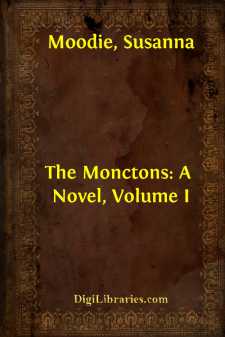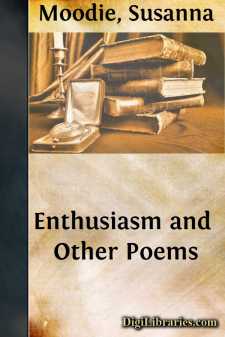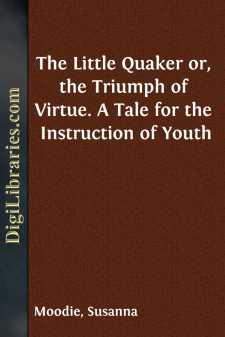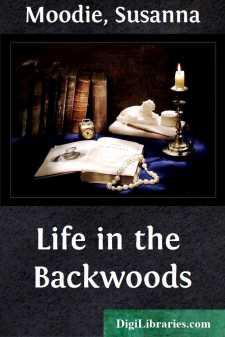Categories
- Antiques & Collectibles 13
- Architecture 36
- Art 48
- Bibles 22
- Biography & Autobiography 816
- Body, Mind & Spirit 145
- Business & Economics 28
- Children's Books 17
- Children's Fiction 14
- Computers 4
- Cooking 94
- Crafts & Hobbies 4
- Drama 346
- Education 58
- Family & Relationships 59
- Fiction 11834
- Foreign Language Study 3
- Games 19
- Gardening 17
- Health & Fitness 34
- History 1378
- House & Home 1
- Humor 147
- Juvenile Fiction 1873
- Juvenile Nonfiction 202
- Language Arts & Disciplines 89
- Law 16
- Literary Collections 686
- Literary Criticism 179
- Mathematics 13
- Medical 41
- Music 40
- Nature 179
- Non-Classifiable 1768
- Performing Arts 7
- Periodicals 1453
- Philosophy 66
- Photography 2
- Poetry 897
- Political Science 203
- Psychology 45
- Reference 154
- Religion 516
- Science 126
- Self-Help 85
- Social Science 82
- Sports & Recreation 34
- Study Aids 3
- Technology & Engineering 59
- Transportation 23
- Travel 463
- True Crime 29
Our website is made possible by displaying online advertisements to our visitors.
Please consider supporting us by disabling your ad blocker.
The Monctons: A Novel, Volume I
by: Susanna Moodie
Description:
Excerpt
CHAPTER I.
MY GRANDFATHER AND HIS SONS.
There was a time—a good old time—when men of rank and fortune were not ashamed of their poor relations; affording the protection of their name and influence to the lower shoots of the great family tree, which, springing from the same root, expected to derive support and nourishment from the main stem.
That time is well-nigh gone for ever. Kindred love and hospitality have decreased with the increase of modern luxury and exclusiveness, and the sacred ties of consanguinity are now regarded with indifference; or if recognized, it is only with those who move in the same charmed circle, and who make a respectable appearance in the world: then, and then only, are their names pronounced with reverence, and their relationship considered an honor.
It is amusing to watch from a distance, the eagerness with which some people assert their claims to relationship with wealthy and titled families, and the intrigue and manœœuvring it calls forth in these fortunate individuals, in order to disclaim the boasted connexion.
It was my fate for many years to eat the bitter bread of dependence, as one of those despised and insulted domestic annoyances—A Poor Relation.
My grandfather, Geoffrey Moncton, whose name I bear, was the youngest son of a wealthy Yorkshire Baronet, whose hopes and affections entirely centered in his first-born. What became of the junior scions of the family-tree was to him a matter of secondary consideration. My grandfather, however, had to be provided for in a manner becoming the son of a gentleman, and on his leaving college, Sir Robert offered to purchase him a commission in the army.
My grandfather was a lad of peaceable habits, and had a mortal antipathy to fighting. He refused point blank to be a soldier. The Navy offered the same cause for objection, strengthened by a natural aversion to the water, which made him decline going to sea.
What was to be done with the incorrigible youth? Sir Robert flew into a passion—called him a coward—a disgrace to the name of Moncton.
My grandfather, who was a philosopher in his way, pleaded guilty to the first charge. From his cradle he had carefully avoided scenes of strife and violence, and had been a quiet, industrious boy at school, a sober plodding student at college, minding his own business, and troubling himself very little with the affairs of others. The sight of blood made him sick; he hated the smell of gunpowder, and would make any sacrifice of time and trouble rather than come to blows. He now listened to the long catalogue of his demerits, which his angry progenitor poured forth against him, with such stoical indifference, that it nearly drew upon him the corporeal punishment which at all times he so much dreaded.
Sir Robert at length named the Church, as the profession best suited to a young man of his peaceable disposition, and flew into a fresh paroxysm of rage, when the obstinate fellow positively refused to be a parson.
"He had a horror," he said, "of making a mere profession of so sacred a calling....











